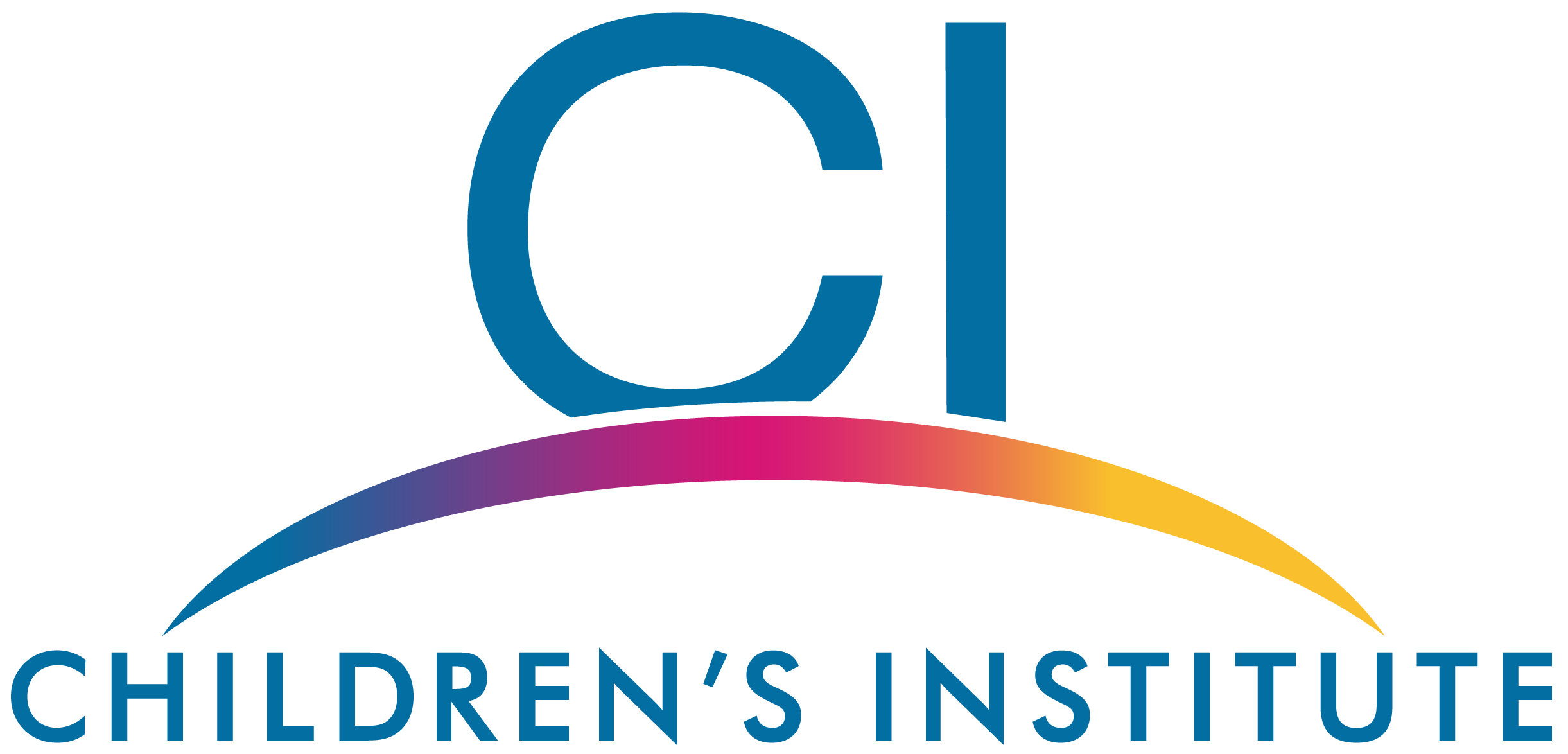Community Feature: Dr. Charles Infurna on Physical Activity for Student Development
As both a Research Associate for Children's Institute and a Track and Field Coach for Nazareth College, Dr. Charles Infurna lives at an interesting crosspoint of data-driven adolescent interaction. Having worked in middle and high school environments as a teacher for years before coming to work at Children's Insitute, Dr. Infurna has a unique perspective about how physical activity and physical play can help students develop resilience in the face of disappointment as well as an understanding of process vs. outcome goals.
Dr. Infurna coaches throwing for Nazareth, events including shotput, discus, weight throw, hammer, and javelin. At the collegiate level, he sees first-hand how physical activity and social-emotional learning are linked. He notes specifically that high pressure on athletes rarely leads to positive outcomes in their training and in their performance. Because he has a background in teaching, he was able to port many SEL-focused classroom strategies to his interactions with athletes: being personable, meeting individuals where they are rather than where we think they should be, learning about them on a personal level, developing relationships, and creating a safe space within the team. He explains that these strategies create trust and, in the long run, lead to better outcomes and more efficient interactions with students.
With regard to developing resilience in students, Dr. Infurna explains how he teachers process goals vs. outcome goals. In essence, we may have outcome goals (throwing a javelin a specific distance, or achieving a certain grade on an exam), but without process goals, the outcomes are difficult to achieve. Working with young people on process goals (training and lifting weights every day, practicing throwing form, regularly reviewing the exam content and working with a tutor) leads to more control over outcomes and a better understanding of how to achieve. Working with young people on process vs. outcome goals is a strong tool that can be used to develop resilience and grit.
